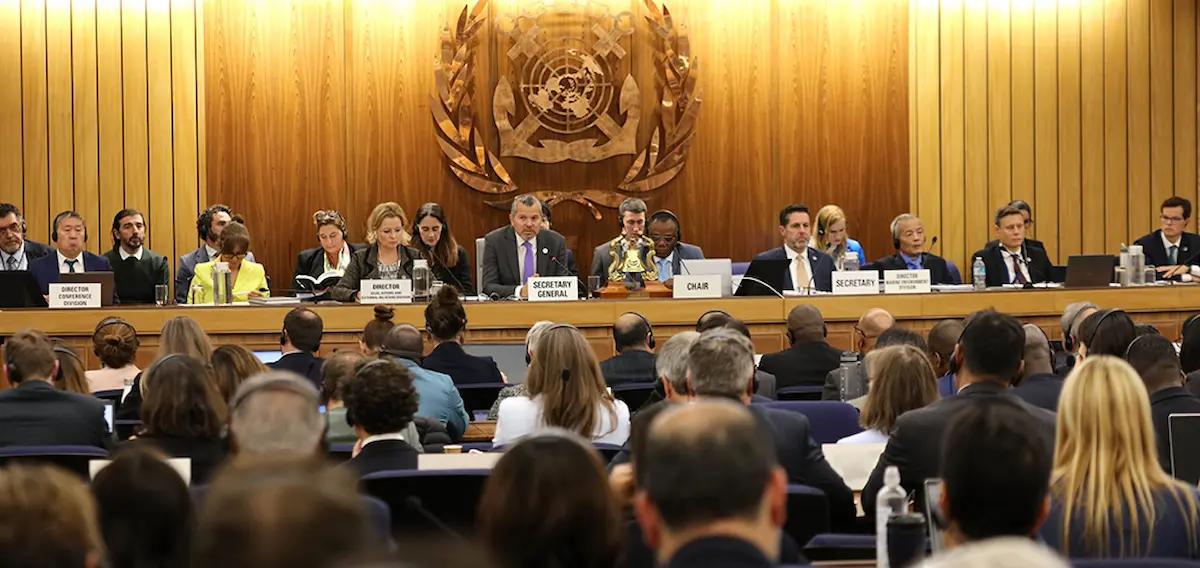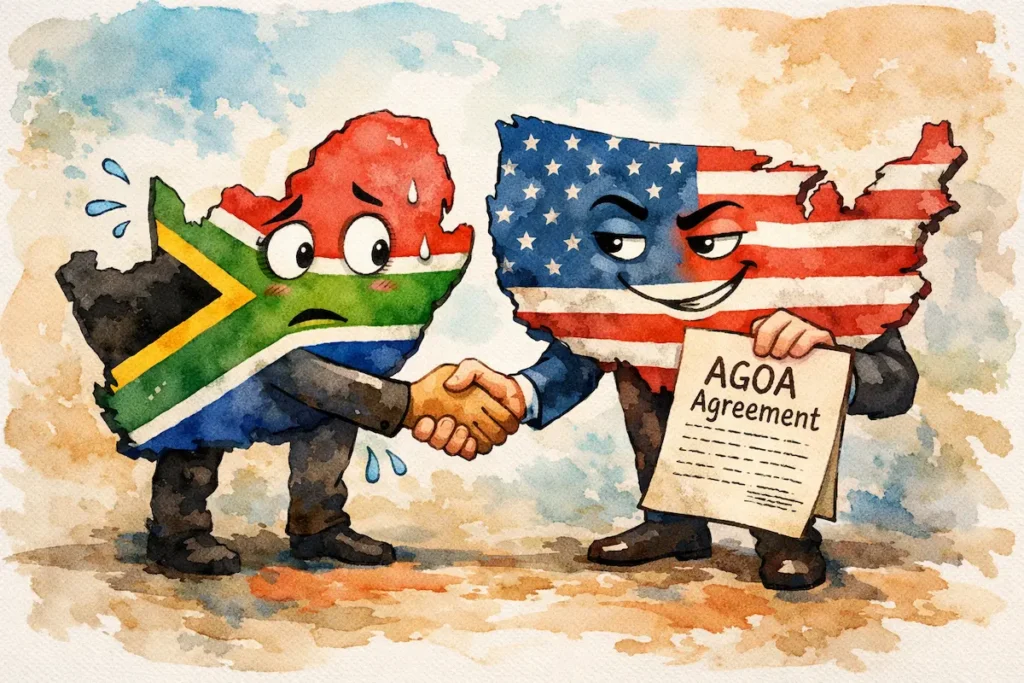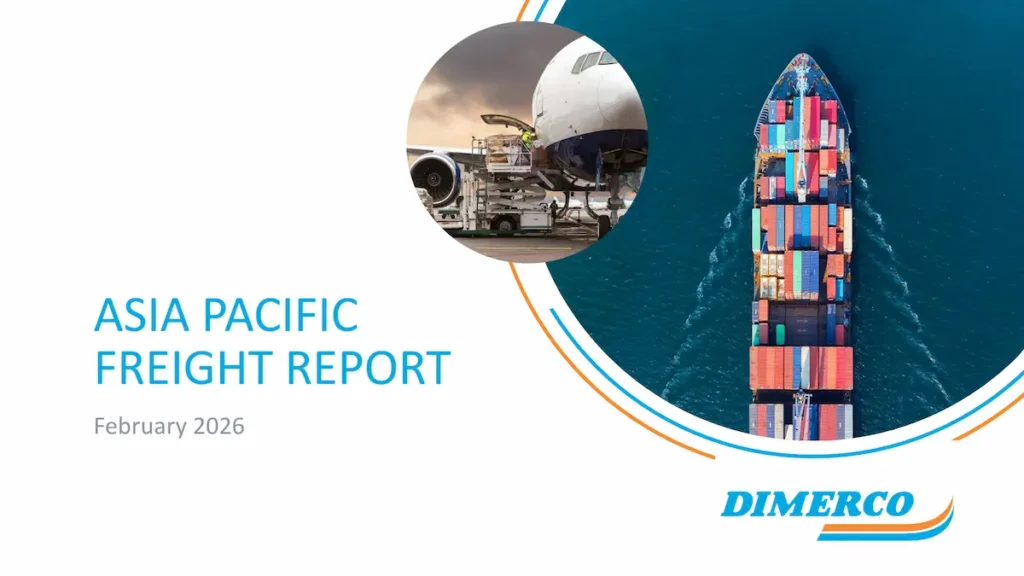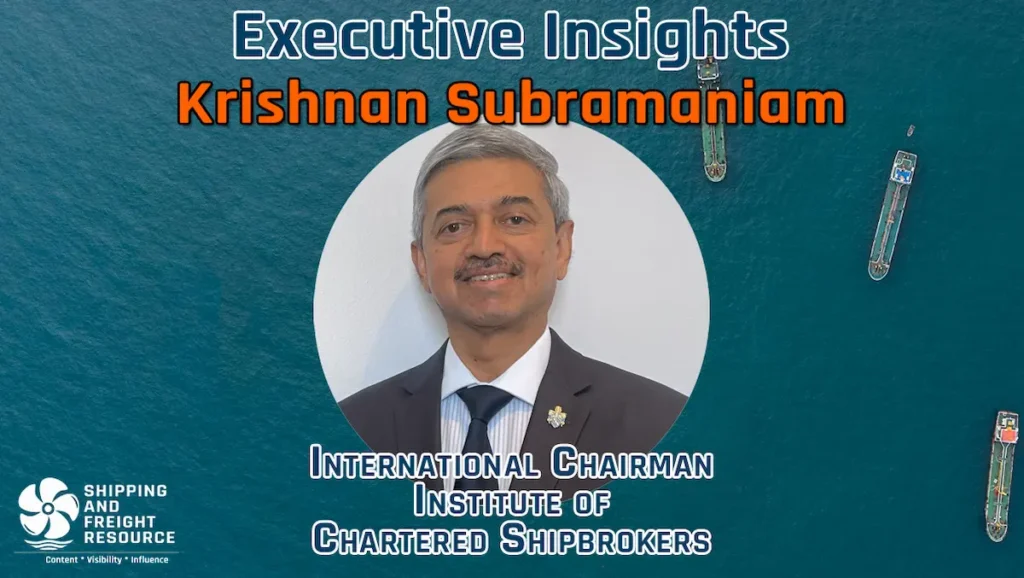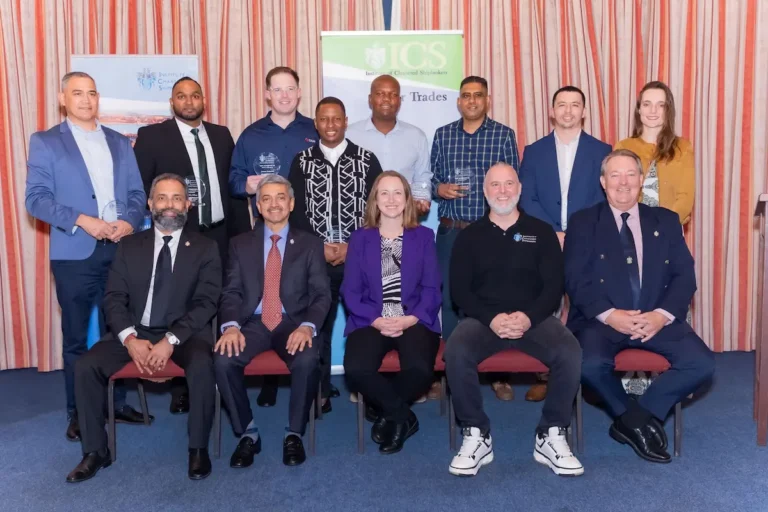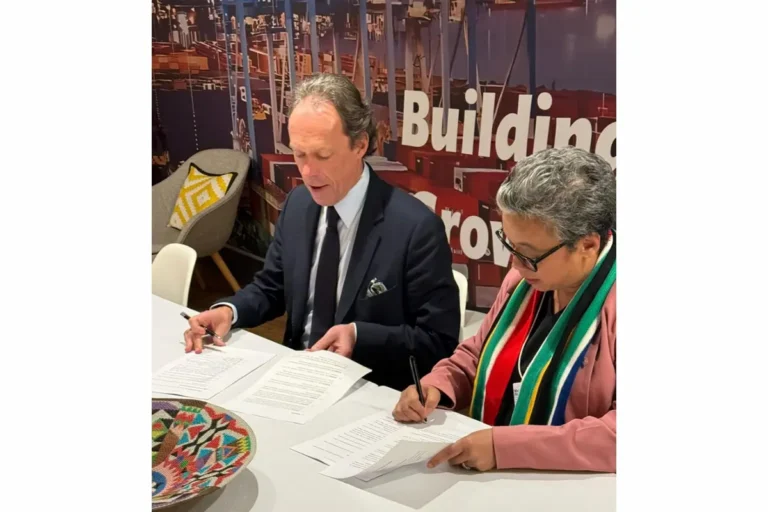The International Maritime Organization’s (IMO) long-awaited discussions on its proposed Net-Zero Framework have been put on hold for another year, following an extraordinary session of the Marine Environment Protection Committee (MEPC) held in London from 14 to 17 October 2025..
A year’s delay in a critical moment for maritime decarbonisation
The IMO’s MEPC session was originally convened to consider the adoption of draft amendments to MARPOL Annex VI, particularly the new Chapter 5 – the IMO Net-Zero Framework..
This framework is a cornerstone of the organisation’s 2023 Strategy for the Reduction of Greenhouse Gas (GHG) Emissions from Ships, aiming to align international shipping with global climate goals.
However, after days of intense negotiations, member states could not reach a consensus on key components of the framework, leading to the decision to adjourn discussions for twelve months..
This follows objections, murmurs, public denouncements and outright name-calling about the Net-Zero Framework, by the US Department of State which called it a “global carbon tax” and “an environmental agreement that unduly or unfairly burdens the United States or harms the interests of the American people.” and a few Greek shipowners, who called it “unrealistic” and “detached from the commercial realities of global trade.”
The extraordinary session will be reconvened in October 2026, giving governments additional time to bridge the gaps over the proposed global fuel standard and the introduction of a global GHG emissions pricing mechanism.
Work continues at the intersessional level
Despite the adjournment, progress will continue at the technical level.. The Intersessional Working Group on the Reduction of Greenhouse Gas Emissions from Ships, scheduled for 20–24 October 2025, will proceed as planned..
This group will focus on developing implementation guidelines and refining elements of the proposed Net-Zero Framework to prepare for eventual adoption..
The IMO’s Net-Zero Framework, first approved in principle during MEPC 83 in April 2025, represents a landmark step in maritime climate policy..
It marks the first time the organisation has advanced a comprehensive regulatory architecture to reduce emissions across the global fleet, combining a global fuel standard with a market-based carbon pricing system..
If adopted, it would make shipping the first industrial sector to operate under a globally agreed carbon pricing regime..
Industry reaction: disappointment and calls for clarity
The International Chamber of Shipping (ICS), which represents over 80 percent of the world’s merchant fleet, expressed disappointment over the lack of consensus among IMO member states..
In a statement, Thomas A. Kazakos, ICS Secretary General, said: “We are disappointed that member states have not been able to agree a way forward at this meeting. Industry needs clarity to be able to make the investments needed to decarbonise the maritime sector, in line with the goals set out in the IMO GHG strategy.
As an industry we will continue to work with the IMO, which is the best organisation to deliver the global regulations needed for a global industry.”
The ICS and other industry groups have consistently emphasised that regulatory uncertainty delays investments in alternative fuels, vessel retrofits, and carbon-reduction technologies..
Shipowners and charterers are seeking clear, predictable global rules to avoid a patchwork of regional measures that could fragment international trade and increase compliance costs..
The road ahead: consensus or continued fragmentation..??
The next twelve months will be crucial for the IMO’s credibility and for the maritime industry’s decarbonisation pathway..
With the European Union’s Emissions Trading System already extended to maritime transport and other regions exploring their own carbon pricing frameworks, the delay at IMO could further widen regulatory divergence..
Stakeholders will be watching closely as the intersessional group advances its technical work and as political negotiations resume next year..
For now, the shipping industry remains committed to the IMO process, but its patience is clearly being tested..

